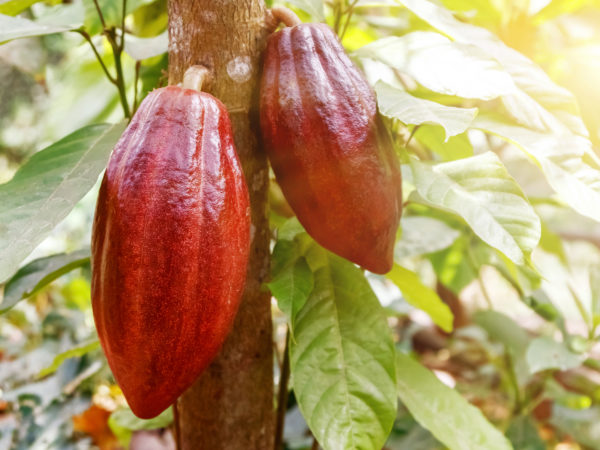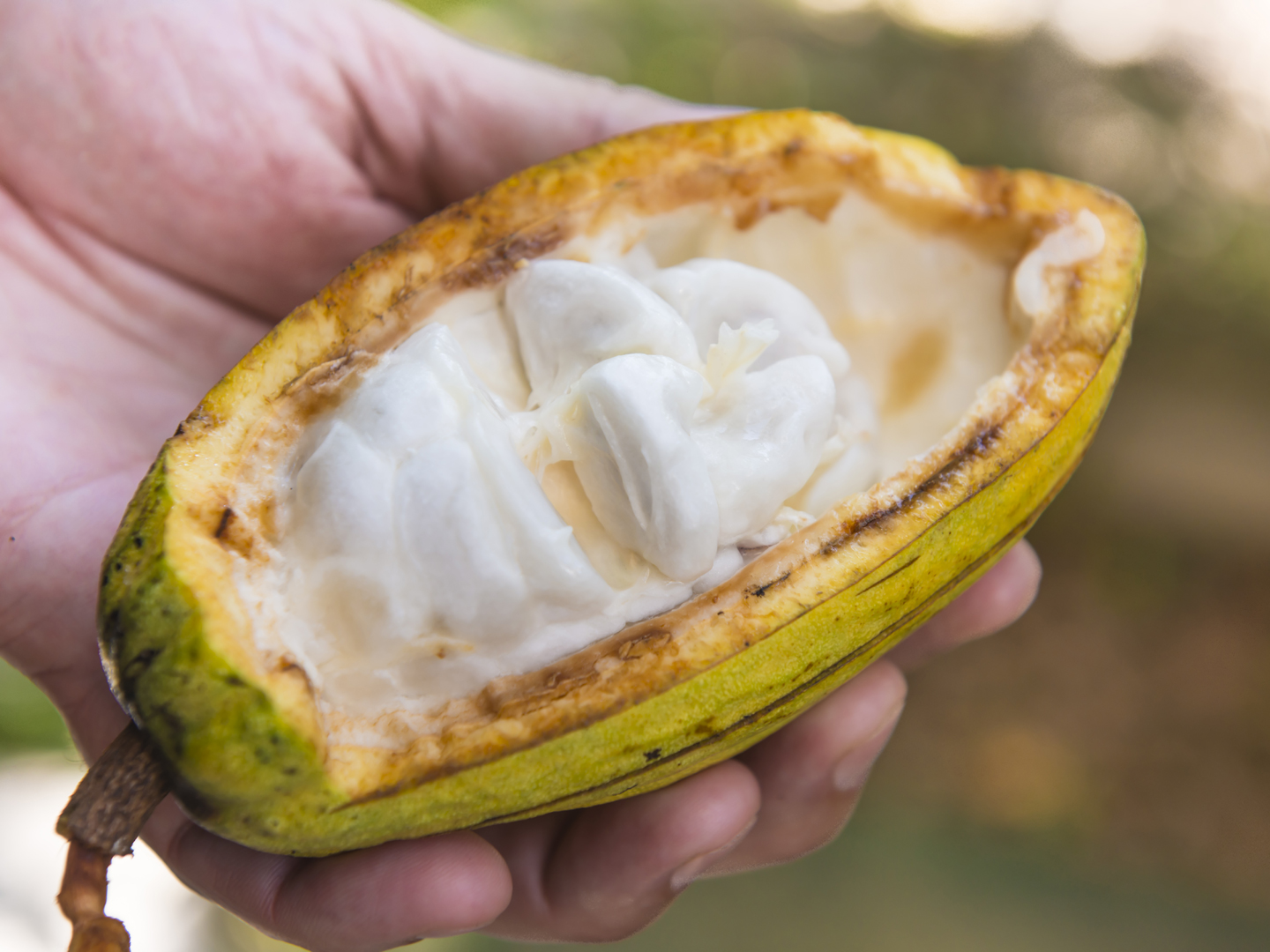Chocolate: Its History & Your Health

A Short History Of Chocolate:
Valentine’s Day and chocolate seem made for each other. This connection appears to stem from the 19th century marketing savvy of British chocolate manufacturer Richard Cadbury who came up with a way to sell “eating chocolates” containing cocoa butter back in the days when chocolate was mainly consumed as a drink. Cadbury packaged his candies in elaborate heart-shaped boxes he designed himself. But the illustrious history of chocolate – now a $100 billion annual business – began long before that:
- In early Mexico, beans from Theobroma cacao trees (Theobroma is Greek for “food for the gods”) were used to make a bitter drink called xocoatl, an Aztec word believed to have evolved into “chocolate.” At the time, the beans also served as currency – you could get a ripe avocado for one bean but would have to pay 100 beans to buy a turkey, according to Smithsonian magazine.
- The Spanish are believed to have been the first to sweeten the bitter cacao drink using honey or cane sugar. This reputedly came about after Montezuma served the drink to conquistador Hernando Cortes, who was turned off by the bitterness. After they introduced chocolate to Europe, the Spanish viewed it as a cure for fatigue.
- Marie Antoinette brought her personal chocolate maker to France when she married Louis XVI in 1770. In the morning, she sipped a cup of hot chocolate with whipped cream and, sometimes, orange blossoms (then believed to calm the nerves).
- Until 1828 chocolate was consumed only as a drink. It was mixed with water or milk and sometimes flavored with vanilla, cinnamon or other spices.

We’ve long believed that the use of cacao dates back 3,900 years, but new research from the University of British Columbia suggests that it was grown for food 1,400 years earlier. The investigators reached this conclusion after finding starch grains specific to cacao in ceramic vessels and broken pieces of pottery they examined in Ecuador. These findings suggest that cacao trees were originally domesticated in South America, not Central America. Study co-author, anthropology professor Michael Blake, noted that people in the upper reaches of the Amazon basin were consuming cacao drinks from elaborate pottery vessels that predate pottery found in Central America and Mexico.
These days more than 70 percent of the world’s cacao production comes from western Africa – mostly in Ghana and the Ivory Coast. Unfortunately, this flourishing industry has generated serious problems with child labor. Reportedly, some 2.1 million young children are being forced to work in the cocoa fields of Ghana and the Ivory Coast, many of them as slaves. Major chocolate producing companies including Nestlé, Hershey, Mars, and Cadbury who buy African cacao have committed to address this issue, but so far, their efforts have had little impact.
Chocolate And Your Health
If you love chocolate, you’re no doubt delighted by emerging research on its health benefits. Chocolate is a source of polyphenols, the same kinds of antioxidants found in red wine and green tea. The fat it contains is mostly stearic acid, which doesn’t raise cholesterol levels. It also contains compounds called flavonoids, which are good for the heart – they reduce the stickiness of platelets, inhibiting blood clotting and reducing the danger of heart attack. Here’s some of what we’ve learned about chocolate’s specific health benefits.
Chocolate’s Health Benefits:
- Blood pressure: Drinking hot chocolate is associated with reduced blood pressure, improved blood vessel health and lowering LDL (“bad”) cholesterol and elevating HDL (“good”) cholesterol, according to Harvard Medical School researchers who analyzed findings from 21 studies that involved more than 2,500 participants.
- Heart disease: Drinking cocoa may be responsible for the very low incidence of heart disease, stroke, diabetes and cancer among the Kuna Islanders of Panama. The cocoa they drink is made from gently processed home-grown cacao beans. Otherwise their native diet is low in protein, very low in fat, rich in fruit and, surprisingly, high in salt. Epicatechin, a flavanol (a natural flavonoid compound) in cocoa, has been identified as the active ingredient responsible for Kuna good health.
- Memory: Some evidence from Columbia University suggests that cocoa flavanols seem to lessen a particular type of age-related memory loss. The researchers explained that as we age, we’re a bit less likely to remember such things as the names of new acquaintances or where you parked your car. These memories are believed to be stored in the dentate gyrus, an area of the brain’s hippocampus. (This type of memory loss is different from that associated with Alzheimer’s disease.) The study showed that drinking cocoa containing 900 milligrams of flavanols daily for three months resulted in significant improvements in memory. To get that amount you would have to consume at least 10.58 ounces of chocolate daily, which would add up to nearly 1,000 calories.
- Atrial Fibrillation: Eating up to six ounces of chocolate per week could help reduce your risk of developing atrial fibrillation, an abnormal heart rhythm affecting up to 6.1 million Americans. This condition poses risks of stroke, heart failure, cognitive decline, dementia, and death. The news comes from data on 55,502 men and women ages 50 to 64 participating in a Danish health study. Based on food frequency data submitted by the participants, the researchers determined that those who ate one to three one-ounce servings of chocolate per month had a 10 percent lower rate of atrial fibrillation compared to those who ate less than one-ounce of chocolate a month. Those who ate chocolate once a week had a 17 percent lower rate while those who ate two to six servings per week had a 20 percent lower rate. Eating more than that amount of chocolate weekly didn’t appear to reduce the risk further.
Dr. Weil’s Views On Chocolate:
Be aware that the good news about chocolate’s health effects isn’t a license to overindulge. Eating too much of it can lead to weight gain, which could cancel out any health benefits.
Dr. Weil enjoys high-quality dark chocolate from France, Belgium and Venezuela. He finds that a single piece is a satisfying snack or after-dinner treat. He advises limiting yourself to an ounce several times a week. If you can’t find good imported chocolate, look for a domestic brand that contains at least 70 percent cocoa.
Source:
Sonia Zarrillo et al, “The use and domestication of Theobroma cacao during the mid-Holocene in the upper Amazon.” Nature Ecology & Evolution, October 29, 2018; DOI: 10.1038/s41559-018-0697-x
More About Chocolate From Dr. Weil:
E-book of chocolate recipes:
Video:
Green Tea, Red Wine & Chocolate
Other articles:














